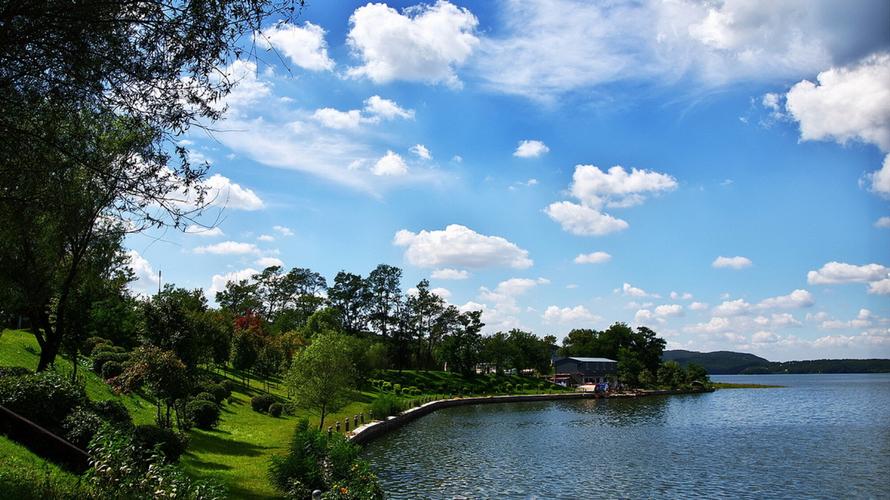Exploring Cultural Traditions: A Journey Through Time and Customs
The world is a rich tapestry of cultural traditions that have been passed down from one generation to another. Each tradition has its unique customs and practices and has evolved over time, reflecting changes in societies and civilizations. Exploring these cultural traditions is like taking a journey through time and customs that reveals the diversity and richness of human experience. This article will delve into some cultural traditions from around the world and examine how they’ve shaped the societies that practice them.
Chinese New Year
Chinese New Year is one of the most celebrated cultural traditions globally and marks the beginning of the Chinese lunar calendar. The event is also known as the Spring Festival and is observed by over a billion people worldwide. The customs and practices associated with Chinese New Year are steeped in ancient Chinese mythology and include the giving of red envelopes filled with money, feasting on dumplings, and the lighting of fireworks. The symbolism behind these traditions is to ward off evil spirits and bring good fortune, prosperity, and luck in the new year.
Holi Festival
The Holi Festival is a colorful and joyous event celebrated in India and Nepal that marks the arrival of spring. The festival is characterized by throwing colored powders and water on friends and strangers alike, symbolizing the breaking down of social barriers and the coming together of communities. The Holi Festival is not just a celebration of the changing seasons but also a celebration of the triumph of good over evil.
Dia de los Muertos
Dia de los Muertos, or Day of the Dead, is a two-day festival celebrated in Mexico and Latin American countries. The event takes place on November 1st and 2nd and honors deceased loved ones by creating altars, offering food, and decorating graves with flowers. The cultural tradition reflects a belief in the afterlife and the idea that death is a natural part of the cycle of life.
Oktoberfest
Oktoberfest is a 16-day festival held annually in Munich, Germany, and is one of the most famous cultural traditions in the world. The festival celebrates Bavarian culture, food, and beer and attracts over six million people from around the world every year. The cultural traditions of Oktoberfest include the wearing of Lederhosen and Dirndl, partaking in beer tents, and the consumption of traditional Bavarian foods like Schweinshaxe and Brezel.
Conclusion
Cultural traditions are a vital part of human experience and heritage, and exploring them provides us with insight into the rich tapestry of human history. The traditions discussed in this article are just a few examples of the many customs and practices that define our world’s diverse cultural landscape. Whether it’s the colorful joy of the Holi Festival, the reverence of Dia de los Muertos or the celebration of Bavarian culture at Oktoberfest, cultural traditions provide us with a unique glimpse into the customs and practices that have been passed down from generation to generation.
(Note: Do you have knowledge or insights to share? Unlock new opportunities and expand your reach by joining our authors team. Click Registration to join us and share your expertise with our readers.)
Speech tips:
Please note that any statements involving politics will not be approved.
